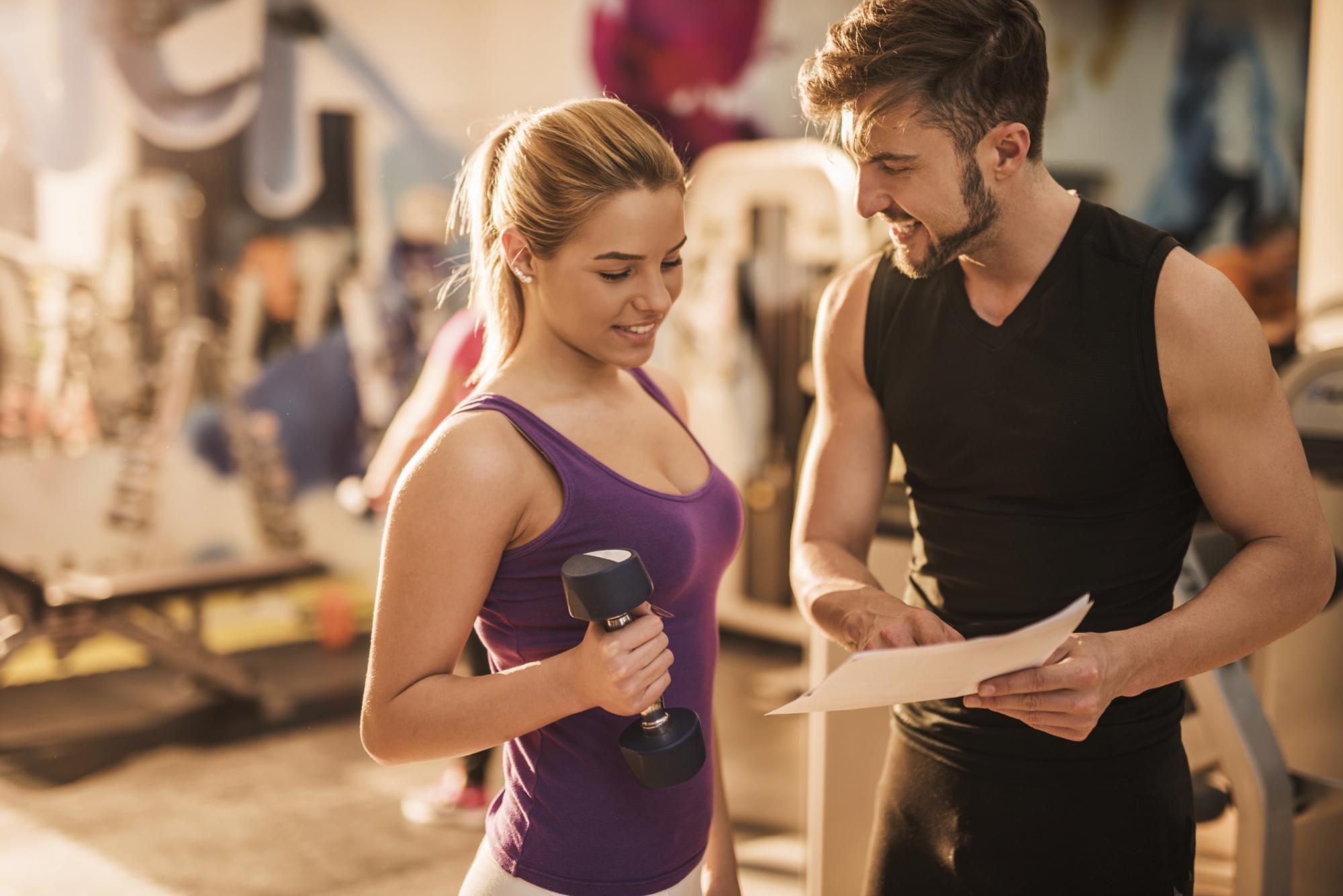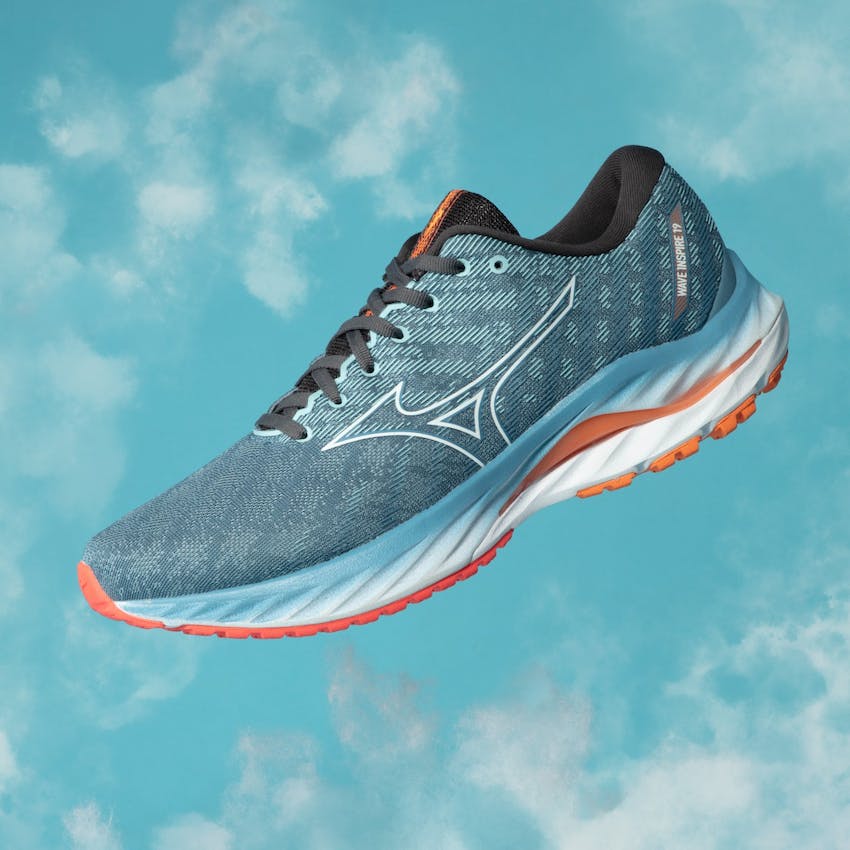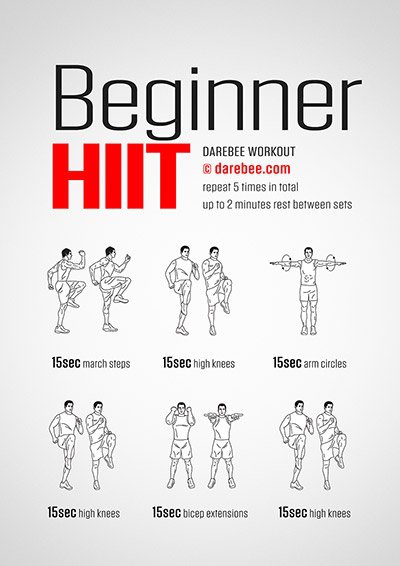
A variety of jobs are available in Hawaii as personal trainers. These include helping clients to become healthier and helping them recover from injuries. You could also work in a resort setting where you can assist both locals as well as tourists. You may be able even to work remotely. This will allow you the opportunity to make the most your work-from-home life.
Average salary for personal training in Hawaii
The lucrative job of a Hawaii-based personal trainer is not for everyone. But it is possible. You can get a degree in fitness coaching from one of the many accredited universities and colleges in Hawaii. The programs can last from two to four years, and may include coursework in nutrition, physiology, and fitness theory.
You must have a degree in a related field to become a personal coach in Hawaii. There are many opportunities for this type of job in Hawaii, including a branch of the 24-hour fitness chain. There are 14 highly experienced personal trainers employed at the Honolulu Club, a large gym. Personal trainers in Hawaii can work with tourists and locals alike.

Hawaii is a beautiful, healthy place to work. A career as a personal coach can be a lucrative one. According to the May 27, 2021, an average personal trainer salary in Hawaii was $65,550. Your salary will vary depending on where you live, how much experience you have and what certifications or degrees your hold.
Education required to become a personal trainer in Hawaii
Many colleges and universities in Hawaii offer programs for personal trainers. Students can earn their degree either in a traditional classroom setting or online via blended learning programs. The certification program for Hawaii personal trainers will cover a range of subjects, including physiology and kinesiology.
Hawaii has a low incidence of obesity, so many residents are looking for personal coaches to help them achieve their fitness goals. A personal trainer will assist their clients in improving their health through targeted exercise and nutritional advice. They are also available to help those who have physical limitations or injuries.
Personal trainers in Hawaii are among the most highly paid in the country. Hawaii's personal-trainers earned an average salary of $65,550, as of May 27, 2020. There are many factors that influence the pay scale, including education level, certifications and years of experience.

Hawaii has many opportunities for personal trainers
Hawaii is a hot market for personal trainers. This can lead to a rewarding career. According to Bureau of Labor Statistics, personal training in nonmetropolitan communities earned the fifth highest national average pay in 2013. Hawaii has a high level in physical fitness and a healthy lifestyle. There are many opportunities to become a personal trainer.
There are many colleges and universities that offer training in this subject. For example, the University of Hawaii at Manoa provides a Bachelor of Science Degree in Kinesiology Rehabilitation Science. Brigham Young University offers an Exercise and Sport Science Bachelor of Science. Both schools offer intensive courses that cover exercise science, psychology, sports physiology, and other subjects.
Personal trainers are found in fitness centers and gyms. Personal trainers help clients improve their health and fitness through customized exercise programs and training schedules. Personal trainers in Hawaii can help clients lose weight through advice about nutrition and proper diet.
FAQ
Do I need to eat before working out?
No. It's not necessary to eat anything before you work out. If you feel hungry after working out, it is a good idea to have a light snack like yogurt or fruit.
What are resistance training exercises?
Resistance training is performed with weights and other objects. Lifting weights will strengthen your arms. Resistance training promotes strength, muscle mass, and bone density.
Is it safe and legal to exercise in cold conditions?
When possible, exercise outdoors. It's not just the air temperature that determines whether outdoor exercise is safe. Other factors include visibility, humidity, precipitation and wind speed. Layers of clothing should be worn if you are exercising outside in inclement temperatures.
What is Cardio Exercises?
Cardiovascular exercises are those that require your heart and lungs to work harder than normal. Jogging, swimming and rowing are just a few examples. These activities help you burn fat and increase your metabolism. These activities can help you keep fit and strengthen your heart.
How does caffeine affect my sleeping?
Caffeine can affect how quickly you fall asleep, and how well you sleep. Caffeine is known to cause drowsiness. This makes falling asleep easier. The downside is that caffeine keeps you awake longer making it harder for you to fall asleep again. You should not drink energy drinks or coffee right before bed.
Which Is More Important: Exercise or Diet?
The answer depends on what you want to achieve. Weight loss is possible by following a healthy diet. To build muscle mass, exercise is crucial. The last factor is sleep, which only impacts how well you perform during your day.
Statistics
- An estimated 110,000 deaths per year could be prevented (cdc.gov)
- According to the Centers for Disease Control and Prevention, chronic diseases cause 7 out of 10 deaths in the U.S., and treating chronic diseases accounts for 86% of U.S. healthcare costs. (mana.md)
- In high-income countries, 26% of men and 35% of women were insufficiently physically active, as compared to 12% of men and 24% of women in low-income countries. (who.int)
- In 2018, the World Health Assembly agreed on a global target to reduce physical inactivity by 15% by 2030 and align with the Sustainable Development Goals. (who.int)
External Links
How To
How to stay fit at 40
This article will help those over 40 who want to maintain a healthy body. This article provides basic information on how to eat well, exercise, sleep well, and take care your mental health. This article contains tips and tricks to live longer, healthier lives.
-
You must eat right - When you want to keep fit, the first thing to do is to eat healthy foods. You should avoid processed food products. Instead, eat whole foods, fruits, vegetables. Add something to your diet if it isn't what you like. You won't lose weight if you don't eat as much. Start incorporating small amounts of new foods into your daily diet. Try turkey once a week if you usually only eat chicken breast. Or if you love pasta, try rice occasionally. Consider including these foods in your daily meals.
-
Exercise - When exercising, make sure you work out at least three times a week. You should include cardio activities such running, swimming or biking. Rest is also important. Sleeping for 8 hours per night is recommended. In addition, make sure you drink plenty of water during the day. You should aim to consume 2 liters (0.5 Gallons) of water per day.
-
Get enough sleep to stay healthy. According to the National Sleep Foundation adults need 7-8 hours of sleep per day to maintain their optimal physical and emotionally healthy. The majority of people sleep less than 6 hrs a night. If you find that you are constantly tired throughout the day, try making adjustments to your sleeping habits. To catch up on sleep, you can adjust your sleeping habits to get to bed earlier and wake up later. To help you relax and wind down, turn off your phone before you go to bed. Avoid caffeine after noon as it can cause insomnia.
-
Take Care of Your Mental Health. Taking care of yourself is key to maintaining a healthy body. Stress can lead people to have poor eating habits or make poor lifestyle choices. You should practice stress management techniques, such as yoga, meditation, breathing exercises, or relaxation. Try to spend one hour of your free time doing something enjoyable. You can do this by going for a walk or reading, playing sports, listening to music, or watching TV.
The four above points will make you live longer and more healthy. These four steps can help you achieve your fitness and health goals.